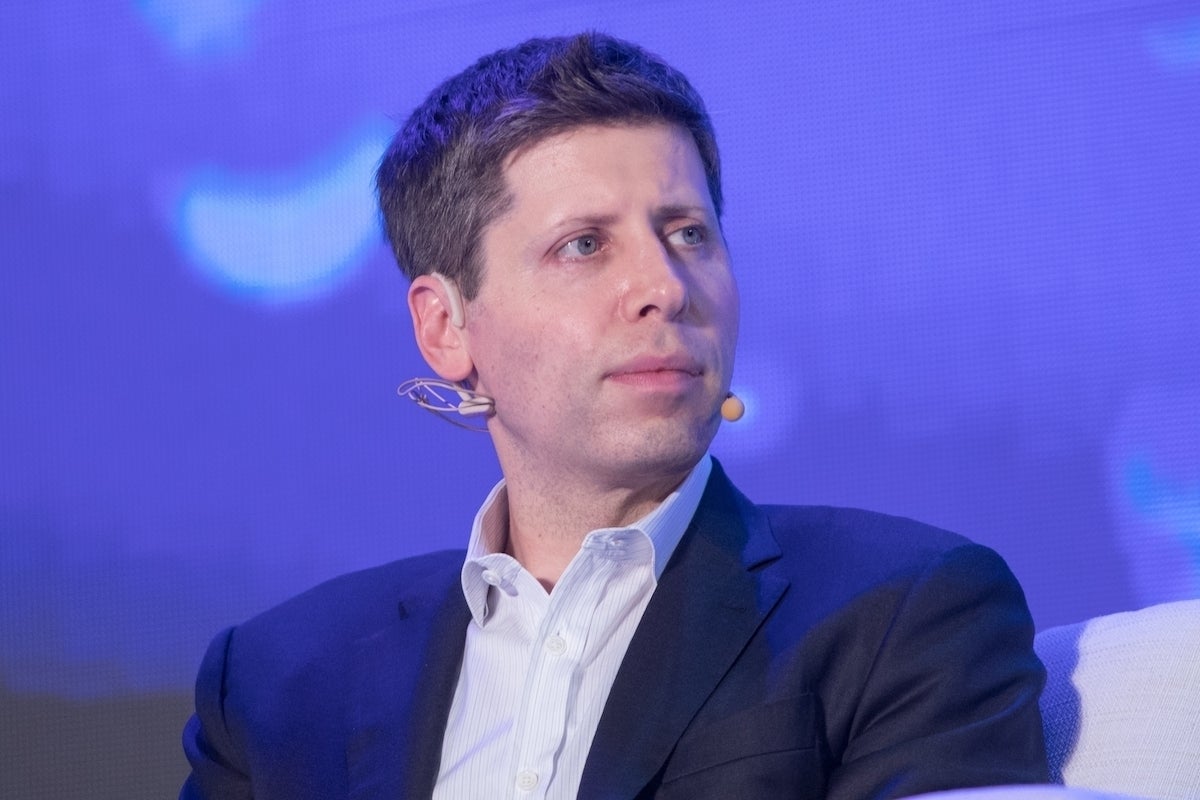A story that got left out of the corporate infighting that led to Sam Altman’s firing, then re-hiring as CEO of OpenAI, was about the firm’s relationship with a startup called Rain Neuromorphics, which is developing a neuromorphic processing unit (NPU) designed to replicate features of the human brain.
Rain says their brain-inspired NPUs could potentially offer 100 times more computing power and, for AI training purposes, deliver up to 10,000 times greater energy efficiency than the GPUs predominantly used by AI developers.
In theory, these NPUs could provide a big boost in processing power for portable “edge” devices such as smartphones or vehicle infotainment devices located far from a data center. Samsung, for instance, says that the Galaxy S24 – its next-generation flagship phone – will be AI-enhanced, but smartphones are limited in their processing abilities by their portable nature.
Altman’s conflict of interest
Before Sam Altman was fired and then rehired at OpenAI, last month, the company had signed a Letter of Intent to buy $51 million worth of Brain’s NPU chips, Wired reported. Complicating the issue further is the fact that this firm is one of Altman’s portfolio companies, bringing up a potential conflict of interest, with the CEO of OpenAI personally investing $1 million in the firm.
On X, VC Jason Calacanis pointed out that Letters of Intent – what OpenAI and Altman drafted to buy chips from Rain – are non-binding making the deal far from confirmed.
“At our investment firm we call ‘letters of intent’ ‘letters of nothing,’ because they are as binding as the paper they’re printed on. If someone signs an LOI, it’s non-binding 99%+ of the time,” he wrote. “Investors understand an LOI can be ripped up at any time.”
Others pointed out the conflict of interest in the proposed deal, noting that Altman’s departure from OpenAI was because the board said he had not been candid with them.
“Large advance payments to neurotrophic chip startups that he owned are not in line with the goal of ensuring the safe development of AI, it makes a joke of Sam’s ‘I own no OpenAI stock’ comment, and it looks like a form of self-enrichment,” Oxford AI scholar Ryan Carey posted.
CFIUS forced out Saudi investors from Rain
The US government is keeping a close eye on Rain. The Committee on Foreign Investment in the United States (CFIUS), which evaluates transactions for potential national security risks, was concerned about the involvement of Saudi-based, Prosperity7 Ventures, in the Altman-backed Rain, and forced it to divest according to reports.
Prosperity7 Ventures is a unit of Aramco Ventures, which is part of the state-owned Saudi Aramco.
Rain closed a $25 million funding round in 2022 led by Prosperity7. Chinese tech giant Baidu is also an investor in the company, but CFIUS hasn’t flagged that as an issue. Attorneys familiar with CFIUS and tech-related trade issues told Wired…
2023-12-06 02:41:03
Original from www.computerworld.com
